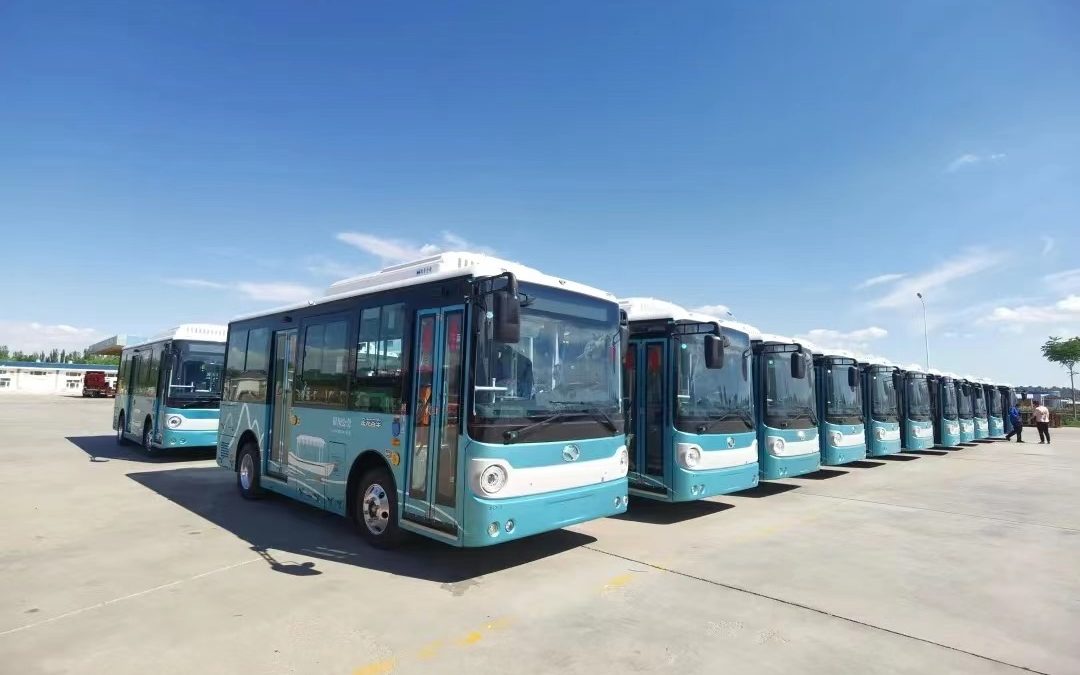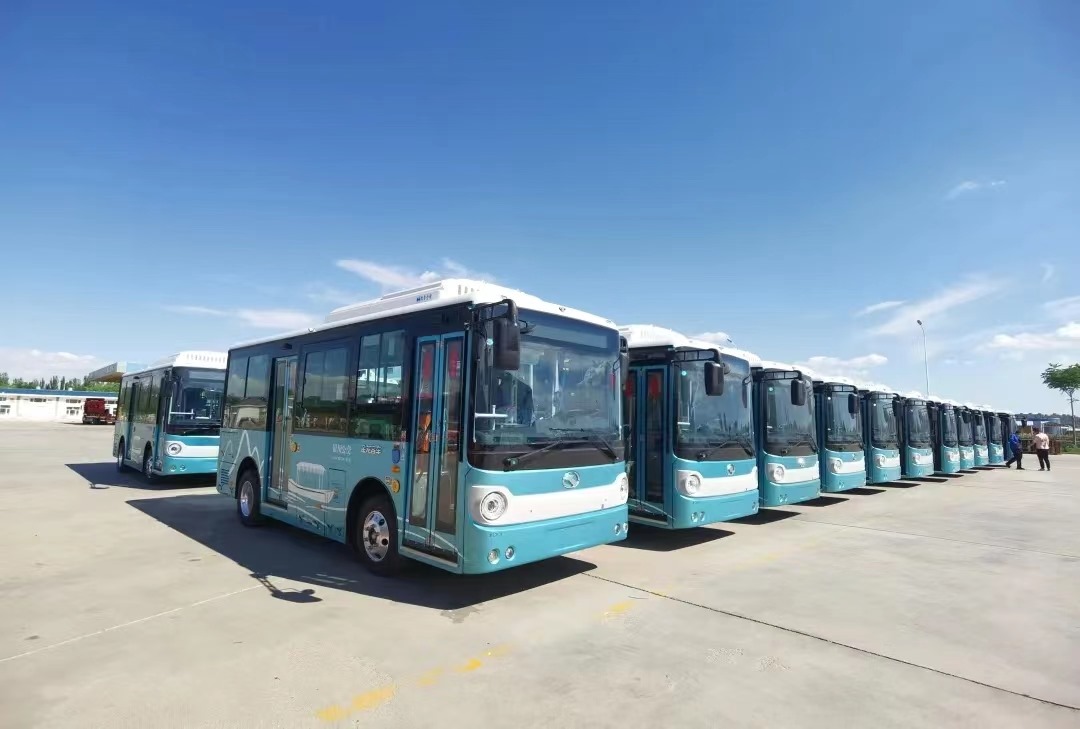innovative technologies to make public transport more flexible

1. Upgraded communication system
Communication system is the core of many technological innovations in the field of public transport. From on-demand transportation to non-contact ticketing, all of this depends on stable and reliable data flow. With the development of telecommunication technology, 4G has become 5g, and more devices can connect to the Internet at a faster speed. This not only helps to provide passengers with real-time information, but also better realize intelligent connection and user demand management. Especially when the service is interrupted or transferred, it is important to provide passengers with real-time and accurate information. Accurate monitoring of user needs also helps to effectively allocate scarce resources.
2. Blockchain and Distributed Accounting Technology
From vehicle manufacturing to passenger experience, blockchain and distributed ledger technologies are increasingly attracting the attention of public transport operators and decision makers. The distributed accounting technology keeps the permanent records of transaction data in the virtual decentralized database. For the sake of security, the database is usually encrypted. The technology blockchain behind bitcoin and other cryptocurrencies is an application case of distributed accounting technology. The decentralized nature of distributed accounting technology means that the entire ledger is stored on multiple devices distributed on the network, so it is particularly suitable for resisting network attacks. In cities such as Sao Paulo and Rio de Janeiro, some passengers choose to pay their fares in bitcoin to avoid fluctuations in the value of local currencies. Another function of the blockchain is to optimize the supply chain and inventory management of public transport operators and industries. Inventory management based on distributed accounting technology can reduce friction and improve efficiency.
3. On demand travel and micro transportation
There are a variety of participants in the transportation field, from traditional public transport operators to technology development and digital driven suppliers. Including self driving vehicles, shared services of cars and bicycles, shared travel, car hailing and micro transportation. These transport solutions play a key role in urban resilience. In the context of the COVID-19 pandemic, sharing bicycles and scooters provides a travel option with a long social distance. By integrating them into the public transport network, people who are far away from public transport are provided with a variety of options. Because of this, on-demand transportation and micro transportation not only make cities more resistant to crises, but also help combat global warming. As people become less dependent on cars, they can reduce their carbon footprint and improve road safety in the process.

